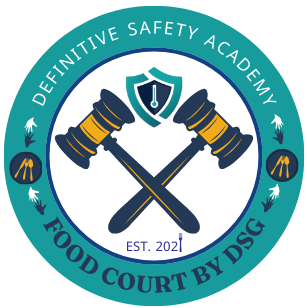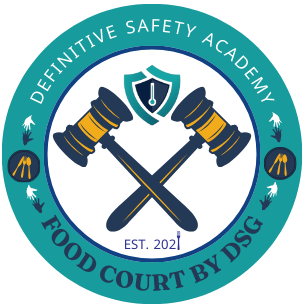The European Union is currently pushing forward proposed amendments aimed at simplifying and modernizing its food safety and feed regulations. These changes could have a ripple effect across the global food industry — making regulatory compliance clearer, more efficient, and more consistent.
What’s Changing — At a Glance
Why It Matters
The Impact of Changes
What Should You Do if You Bought These Tomatoes?
Final Thoughts
The EU’s proposed amendments represent a meaningful push toward simplicity, clarity, and consistency in food safety law. For everyone in the food sector—from ingredient suppliers to operators like us—they offer both challenges and opportunities. At The Food Court by DSG, we’re committed to embracing the best global practices, ensuring that when you enjoy a dish with us, you’re truly eating with confidence.
Latest from our blog
Contact Us
admin@thefoodcourtdsg.com
-
Get in Touch
-
5065 Deer Valley Rd, Ste 114 Antioch, California 94531
-
(925) 237-9095
admin@thefoodcourtdsg.com
-
Quick links
-
Home
-
About Us
-
Affiliate Program
-
Blog
-
Podcast
-
Top Courses
-
Elevating Food Safety Standards Globally

